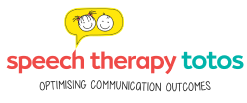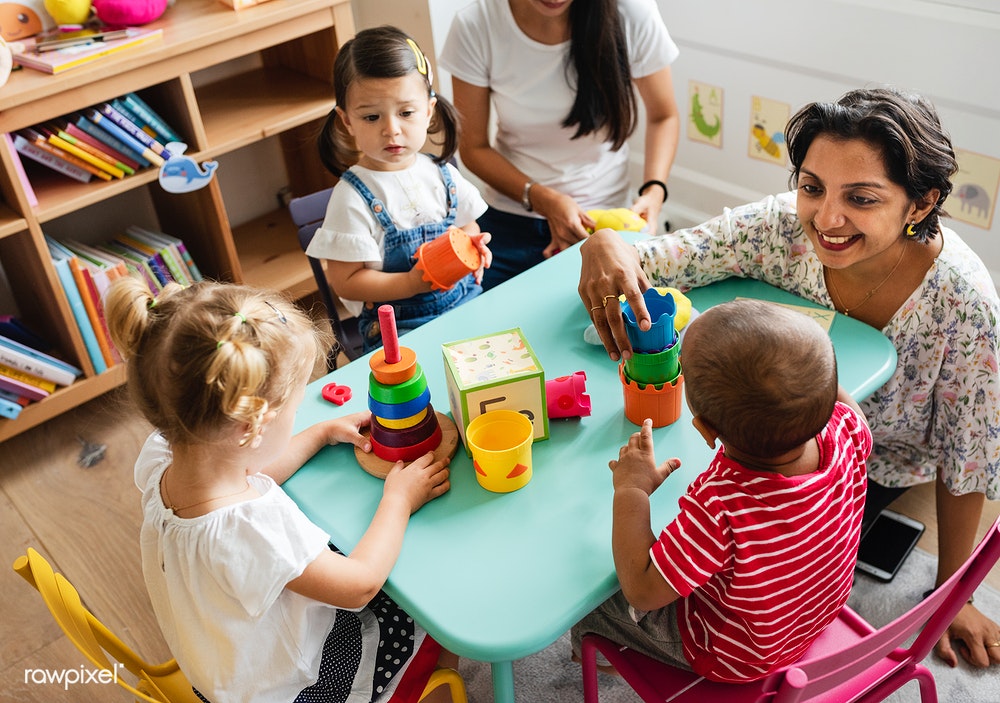Episode 18: My Opinion about the Age at Which You Should Be able to Understand Your Child’s Speech
Parents tend to ask me this question a lot, “so at what age should I be able to to understand what my child is saying?”. I probably must put a disclaimer here, that your child’s speech intelligibility, is how well you and strangers i.e people who are not familiar to your child understand what your child is saying.
Your child’s speech intelligibility should not be limited to only you as the mother or father or people familiar to your child. What I have found from my many years of practice as a speech therapist is that I can have a child come to my speech therapy clinic and I do not understand a word of what they are saying.
If anything, am actually having to use their parent to interpret what they are saying for me, and their parent understands them fully. While I thought what they were saying was gibberish, their parent was able to to translate everything for me.
Mothers like myself or people familiar to a child are usually able to understand a child when strangers don’t. Familiar people to the child are in most cases able to understand what unfamiliar do not.

This is a topic relating to speech. If you don’t know the difference between speech and language, please check out this blogpost or this video to learn the distinction between the two.
The research on this topic is very ball packed but it is based on research by Lynch, Brookshire & Fox (1980). At 18 months i.e. one and a half years, you should be able to understand 25% of what your child says or rather strangers should be able to understand 25% of what your child says.
This figure is pretty hazy, because for an 18 month old, this depends on their level of language but basically, if they have very good language, strangers should be able to understand 25% of what they are saying. 25% means that for every 10 tens words your child, two and half of these words should be clear to strangers.
Your child’s speech intelligibility
If your child is not yet talking at 18 months, check out this blogpost or watch this video on how to grow your late-talker’s language.
I also have a course on how to grow your late-talker’s language known as the Late-talker’s bootcamp course, which you can purchase via this page. Please visit here to learn more about this course.
At two years, we can expect that 25-50% of what your child says can be understood by strangers. So this means at the very highest, strangers should be able to understand 5 out of every 10 words that your child says. At this age, you can expect a lot of pronunciation errors, which is perfectly appropriate.
At three years, we expect that you and strangers should be able to understand 75-100% of what your child says. This means that at the highest rate, we expect that seven and a half of what your three old utters can be easily understood.
And at four years, if strangers don’t understand a 100% of what your child saying, there should be cause for worry and it is best that you consult a speech therapist to determine if your child might be having pronunciation or language difficulties.

I hope this post gives you some kind of gauge of whether your child’s pronunciation is up to par or is not up to par






